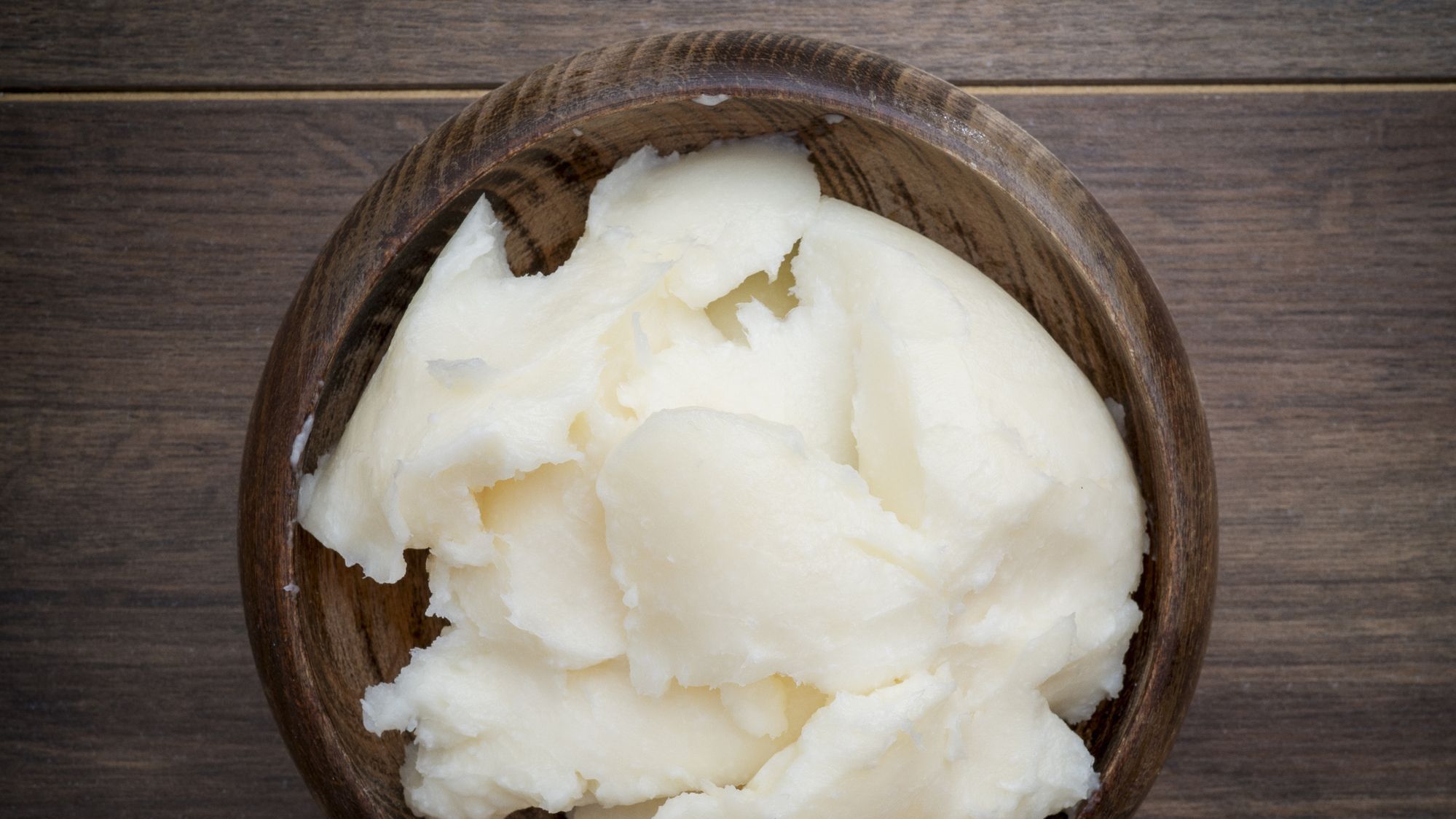The Difference Between Olive Oil and Extra Virgin Olive Oil
When it comes to cooking oils, olive oil and extra virgin olive oil are two popular choices that are often used interchangeably. However, there are some key differences between the two that are important to understand. Let’s take a closer look at the distinctions between olive oil and extra virgin olive oil.
Olive Oil
Olive oil is a type of oil that is extracted from olives, the fruit of the olive tree. It is made through a process of pressing and extracting the oil from the olives. Olive oil is known for its versatility and is commonly used in cooking, salad dressings, and marinades. There are different grades of olive oil, with the most common being regular olive oil and extra virgin olive oil.
Extra Virgin Olive Oil
Extra virgin olive oil is the highest grade of olive oil. It is made from the first pressing of the olives and is not refined or processed with heat or chemicals. This means that it retains more of the natural flavors and has a lower acidity level compared to regular olive oil. Extra virgin olive oil is often touted for its health benefits and is prized for its rich, fruity flavor and distinct aroma.
The Key Differences
Now that we understand the basic definitions of olive oil and extra virgin olive oil, let’s delve into the key differences between the two:
- Processing: Regular olive oil is refined and may undergo processing with heat or chemicals, while extra virgin olive oil is not refined and is made through a cold-pressing process, preserving more of the natural qualities of the olives.
- Acidity: Extra virgin olive oil has a lower acidity level, typically below 0.8%, while regular olive oil may have a higher acidity level, up to 1.5%.
- Flavor and Aroma: Extra virgin olive oil is known for its rich, fruity flavor and distinct aroma, while regular olive oil may have a milder taste and less pronounced aroma.
- Health Benefits: Due to its minimal processing and higher levels of antioxidants, vitamins, and beneficial plant compounds, extra virgin olive oil is often considered to have greater health benefits compared to regular olive oil.
Which One to Use?
Both olive oil and extra virgin olive oil have their own unique characteristics and uses in cooking. Regular olive oil is a versatile option for everyday cooking, baking, and frying due to its higher smoke point, while extra virgin olive oil is best used in dishes where its rich flavor and aroma can shine, such as in salad dressings, drizzling over finished dishes, or for dipping with bread.
It’s important to note that while extra virgin olive oil is prized for its quality and flavor, it may not be the best choice for high-heat cooking methods due to its lower smoke point. In such cases, regular olive oil or other high-heat cooking oils may be more suitable.
In Conclusion
While both olive oil and extra virgin olive oil are derived from olives, their differences in processing, flavor, and health benefits make them distinct choices for various culinary applications. Understanding these differences can help you make informed decisions when selecting the right oil for your cooking needs.
Whether you’re looking to add a burst of flavor to your dishes with extra virgin olive oil or seeking a versatile cooking oil with regular olive oil, both options have their own place in the kitchen and can elevate the flavors of your favorite recipes.
Was this page helpful?
Read Next: What Is The Difference Between Light And Dark Brown Sugar
lorena











